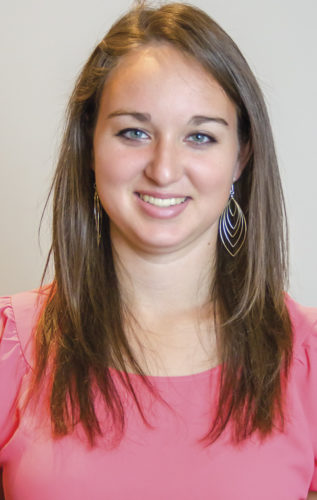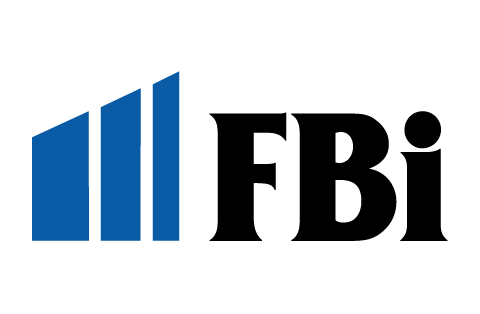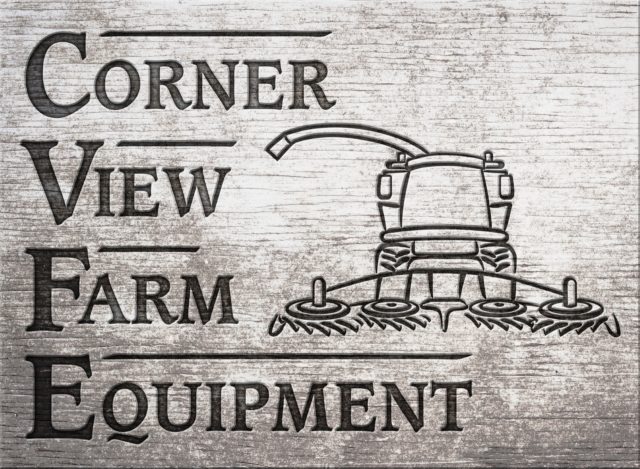If I had a dollar for every time someone asked me about the horrible “factory farms” that dominate modern agriculture today, I’d be retiring next year. This is especially true anytime I go home to visit my family in Connecticut.
The instant someone finds out I work in the agriculture industry, they’re telling me how they recently became a vegetarian or only eat organic because they’re worried about all those hormones they’re putting into chicken and the antibiotics in our milk supply.
Movies like Food Inc. and Michael Pollan’s book, The Omnivore’s Dilemma, are changing how people view their food and the industry that produces it. Labeling is another major issue here. People are hyped up on terms and phrases like antibiotic-free, GMO-free and “not produced with artificial growth hormones.”
To the unsuspecting consumer, these distinctions are important. Little do they know that all milk is antibiotic-free, all pork and poultry is produced without artificial growth hormones, and last I checked, we don’t have GMO cattle – or any other GMO livestock for that matter.
Of course, once I take several minutes explaining to them the truth of the situation, I’m often asked why the media portrays the issues the way they do. It’s “click bait,” as we call it in journalism.
Emotionally charged stories about how factory farms are abusing animals and filling our food with harmful hormones generates far more clicks than a story about a well-run family farm contributing to the cleanest and highest-quality food supply in the world. The exception is our own website. We appreciate that you like to click on stories about well-run family farms and what they are doing to be successful.
As David Fraser points out in his article, “Could dairy become a profession?”, dairy is one of the few vocations where you don’t have to be an expert for people to listen to you. We ask our doctors for medical advice or a mechanic about our vehicle; why don’t we ask a farmer about our food?
Perhaps it’s because agriculture is viewed more as a lifestyle than a vocation. Perhaps it’s because it’s seen as a “public service” instead of a profession. Perhaps it’s because we idealize agriculture and think of the more aesthetically pleasing farms that existed years ago when more than 2 percent of the population was involved in agriculture.
This I do know. It’s time we as an industry changed the way people perceive agriculture. They need to know that farm size is not an indication of how well an animal is cared for and 97 percent of them are family-owned. They need to understand that we as an industry are caring for and raising these animals to the best of our ability and animal welfare is a top priority for us too.
No, everything isn’t perfect, and it never will be. Agriculture is a science. Like the medical field, it is and will always be changing and developing as we discover new and better methods for raising our livestock and our crops.
The good news is that consumers aren’t asking us to be perfect; they’re just asking us to show them we care and are doing our best. PD

-
Jenna Hurty
- Editor
- Progressive Dairyman
- Email Jenna Hurty




